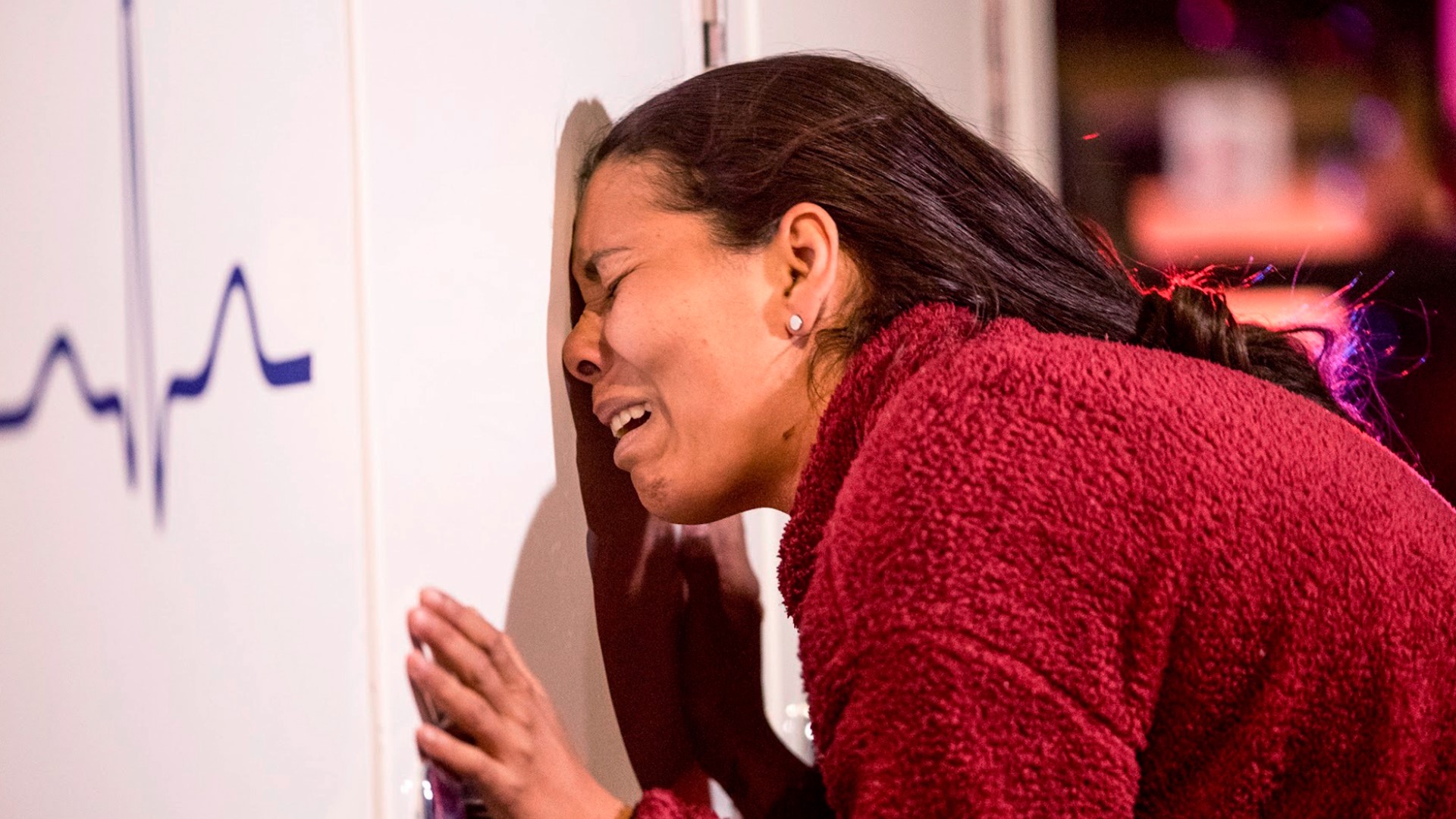CIUDAD JUÁREZ, Chihuahua — Under new U.S. immigration policies, more migrants are likely to land in detention facilities like the one that burned in Ciudad Juarez on Monday.
Mexican president Andres Manuel Lopez Obrador said Tuesday that migrants started the fire in protest after learning they'd likely be deported, though other Mexican officials have offered different explanations.
At least 40 people died. The victims are mostly migrants from Guatemala and Venezuela.
The incident raises questions about Mexico's ability to protect refugees who are forced to wait on U.S. asylum cases there under President Joe Biden's latest immigration strategy.
"I don't know what specifically they were supposed to have done, but I think they clearly did not have systems in place to prevent this type of disaster," said Sara Ramey, an immigration attorney and director of the Migrant Center for Human Rights. "They should have."
Migrants are urgently trying to reach the U.S. by May, when pandemic-related immigration rules expire. But many refugees will actually find it more difficult to enter the United States then, since the White House has limited asylum-seeking.
"Individuals trying to go through the legal process the Biden administration is foreseeing are going to need to stay in places like Juarez, Matamoros, and Nuevo Laredo before they're able to come to their appointment with CBP at the port of entry," Ramey said.
Waiting in Mexico is particularly dangerous, since cartels control many border towns there.
Migrants are typically not allowed to work in Mexico. Many will be homeless.
"It's going to be a feeding ground for the cartels to prey on them, which ultimately is going to funnel more money into the cartels and make them stronger," Ramey said.
She warned some migrants will likely give up on legal pathways and enter into the United States illegally.
"If a smuggler approaches them and says, 'Hey, I can get you across the river or I can get you across the desert' they very well could say it's worth the risk," Ramey said.
"In practice, our policies are what drive a lot of these problems to be created in the first place," she added.
Senators grilled Department of Homeland Security head Alejandro Mayorkas on some of those policies Tuesday. The hearing's tone did not indicate lawmakers are closer to a comprehensive immigration deal.

